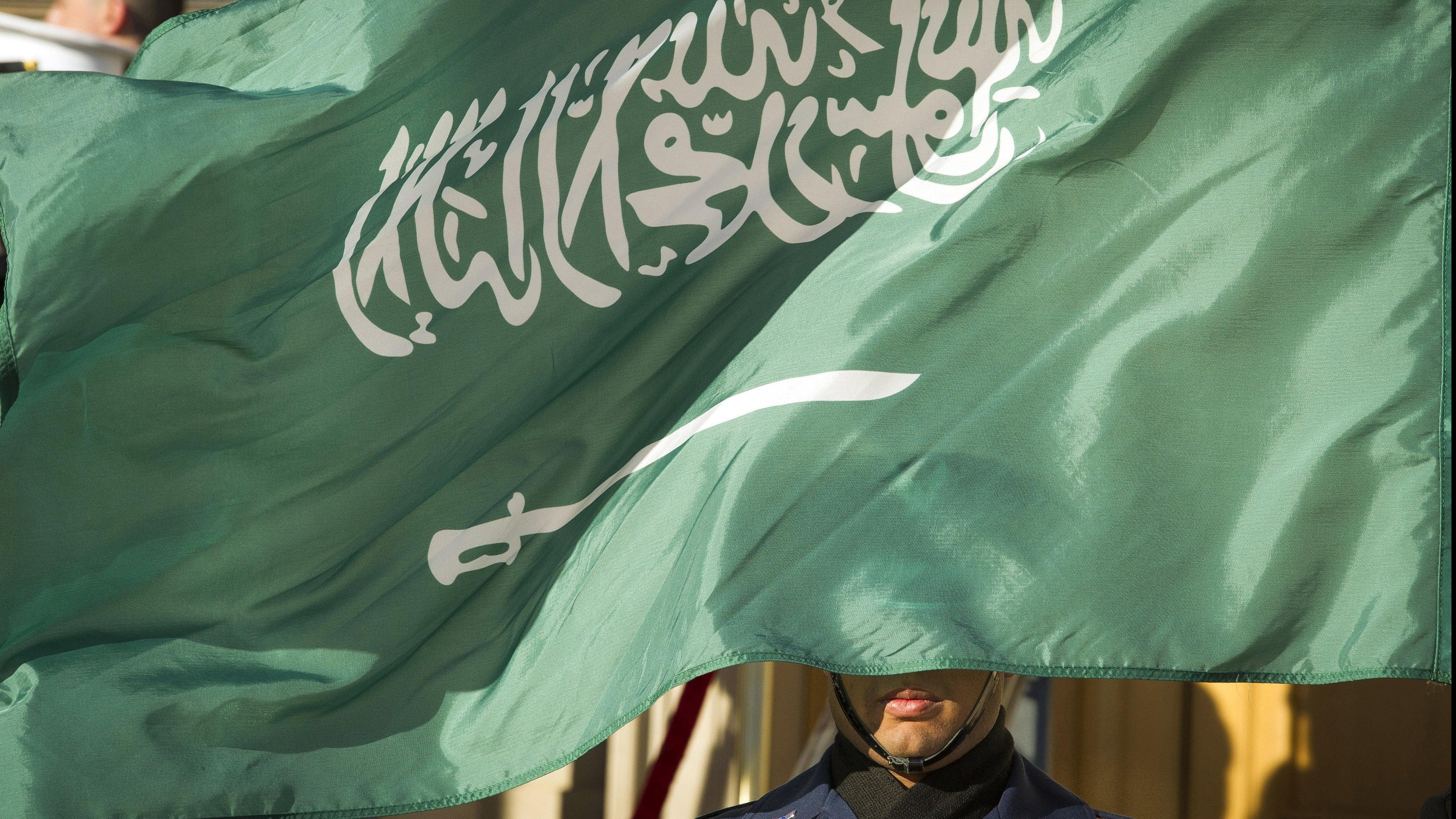WMU-bound student among 37 Saudi prisoners beheaded

A student considering attending Western Michigan University was among 37 people beheaded in a mass execution in Saudi Arabia for what authorities there described as terrorism-related crimes.
It marked the largest number of executions in a single day in Saudi Arabia since Jan. 2, 2016, when the kingdom executed 47 individuals in what was the largest mass execution carried out by Saudi Arabia since 1980.

Mujtaba Al-Sweikat attended several pro-democracy protests between 2011 and 2012 in Saudi Arabia, one of the five top executing countries in the world for more than a decade, according to Reprieve U.S., an international human rights group.
He was arrested in December 2012 while getting on a plane to visit WMU. At the time, he was 17 and allegedly was tortured by Saudi officials with cigarette burns and a beating that left his shoulder broken in an effort to get a “confession,” according to Reprieve officials.
U.S. Rep. Debbie Dingell called the killing of al-Sweikat violent and disturbing. She said he had a bright future as a prospective student.
"Instead, he faced inhumane torture and pain ultimately leading to his execution," she said. "Every human, regardless of where they may be in the world, should have the right to speak openly without fear of persecution or death."
State Department officials said they were aware of the reports and urged Saudi Arabia to understand the important of human rights and religious freedom.
They said they have spoken out publicly and privately about the need for transparency, rule of law, fair trials and freedom from arbitrary detention.
Reprieve said two others, along with Al-Sweikat, were arrested as teens and and tortured into false confessions.
It said many of the people killed had been convicted of non-lethal crimes, such as attending protests.
"This is another egregious display of brutality by Crown Prince Mohammad Bin Salman," said Maya Foa, director of Reprieve.
The Saudi regime believes it has the impunity to carry out such illegal executions, said Foa.
Their actions should shock their international partners and the U.S. and England, especially, must ensure there are consequences, said Foa.
Saudi dissident Ali Al-Ahmed, who runs the Gulf Institute in Washington, described Tuesday’s executions as a politically motivated message to Iran.
“This is political,” he said. “They didn’t have to execute these people, but it’s important for them to ride the American anti-Iranian wave.”
Saeed Khan, a professor and expert of Islamic and Middle East history at Wayne State University in Detroit, said the Saudi regime feels a sense of impunity.
"Trump and governments around the world are cautious to condemn (them) and are apprehensive to impose sanctions to the Saudis who tend to be eager purchasers of military equipment and the influence they have on the oil market," Khan said. "Production high and prices low are welcomed by energy-dependent countries."
He said the timing of the executions — after the New Zealand mosque massacres in March and the Sri Lanka bombings on Sunday — indicates it was a planned message.
"Crowned Prince Mohammad Bin Salman, the de facto ruler of Saudi, is probably sending a message within the kingdom and without that he is decisive and in power," Khan said. "Support within the kingdom has become chilly, because on one hand, the war in Yemen is seen as a failure under his administration and the ambitious reform that he promised and the spreading of wealth doesn't seem to be coming."
WMU officials could not immediately be reached Tuesday.
Al-Sweikat was approved for English language and pre-finance studies at the school in 2013.
After he was sentenced to death in June 2016, 116 WMU leaders signed a statement at the time condemning the planned executions.
“As academics and teachers, we take pride in defending the rights of all people, wherever they may be in the world, to speak freely and debate openly without hindrance or fear,” the statement said.
“We publicly declare our support for Mujtaba and the thirteen others facing imminent execution. No one should face beheading for expressing beliefs in public protests.
The latest mass execution comes on the heels of Sri Lanka’s Easter Day attacks that killed over 300 people, including two Saudi nationals. The Islamic State group ISIS claimed credit for the attacks.
The Saudi Ministry of the Interior issued a statement on the "implementation of the death penalty in a number of perpetrators in Ryiadh, Makkah, Madinah, Sharqiya, Qassim and Asir," according to the Saudi Press Agency. The release listed the names of the 37 people beheaded.
The kingdom and its allies also have been emboldened by Trump’s decision to pull out of a nuclear agreement with Iran and re-impose punishing sanctions to cripple its economy.
On Monday, the Trump administration said it no longer will exempt any countries from U.S. sanctions if they continue to buy Iranian oil, stepping up pressure on Iran.
After the killing of Washington Post journalist Jamal Khashoggi in December, Trump cited the Kingdom's influence over oil prices and said, "if we abandon Saudi it would be a terrible mistake." He also said he was "not going to destroy the economy of our country" over Khashoggi by giving up arms deals to Saudi Arabia.
"It's a very simple equation for me. I'm about make America great again and I'm about America first," Trump said at the time of the journalist's slaying.
The Associated Press contributed to this report.